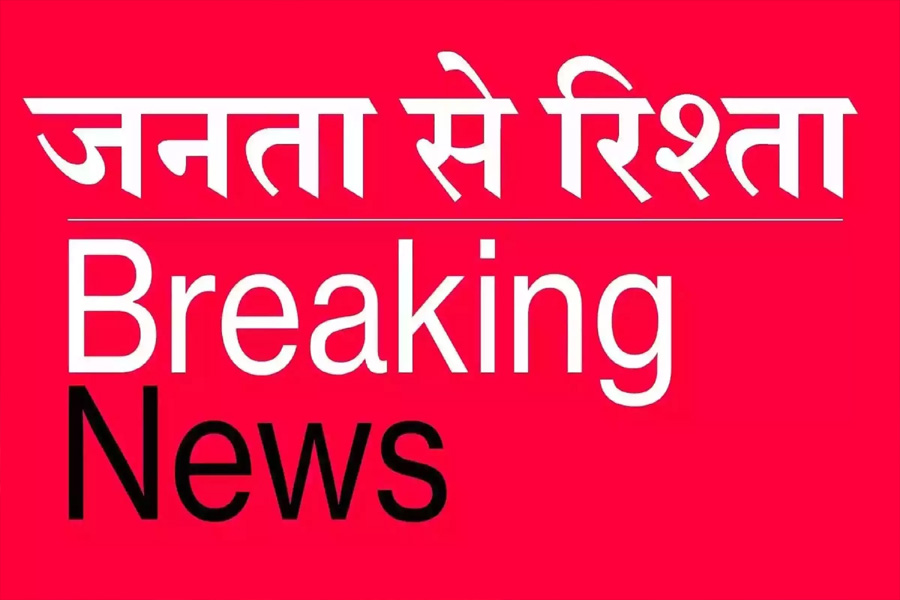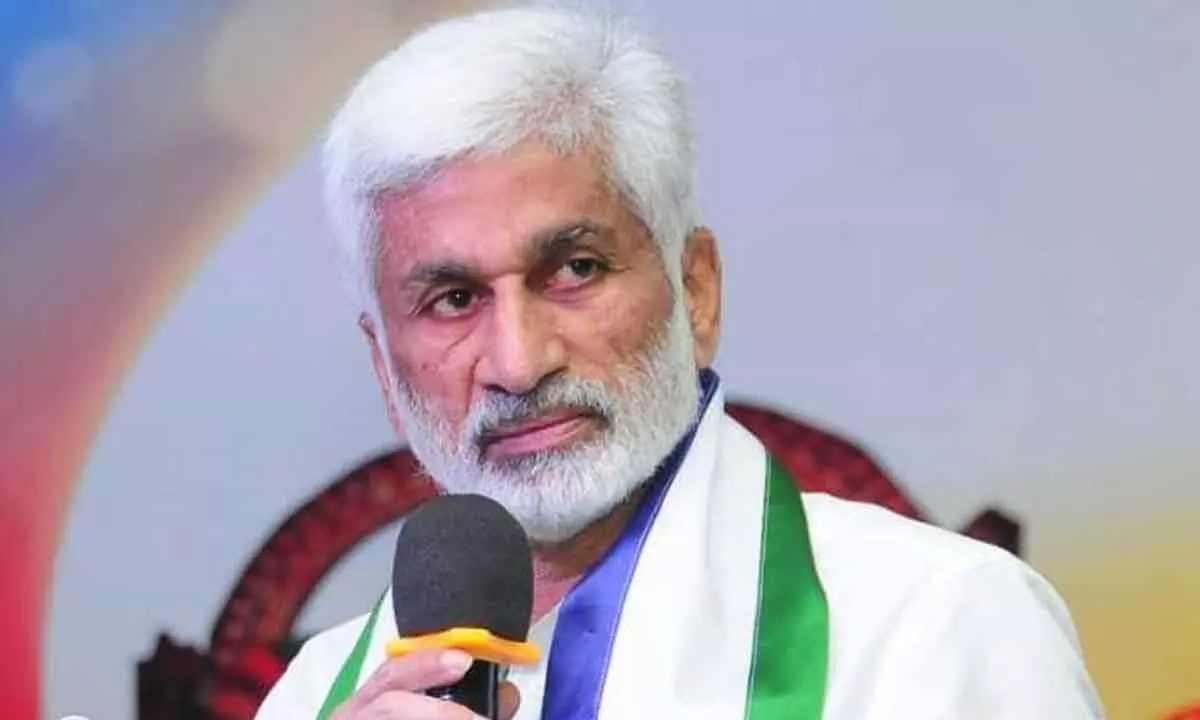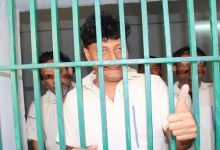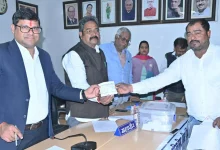After deadly train accident in Odisha, Railway Board issues detailed instructions on track safety
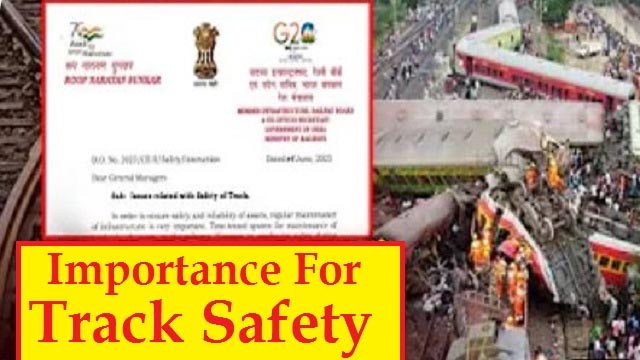
Bhubaneswar: Taking a lesson from the recent deadly train accident in Odisha, which claimed over 280 lives and left over 1100 people injured, the Railway Board has reportedly issued a detailed instruction on safety of the railway track.
Rooo Narayan Sunkar, the Member (Infrastructure) Railway Board, wrote a letter to the General Managers for regular maintenance of infrastructure in order to ensure safety and reliability of assets.
He said that the time-tested system for maintenance of track already exists on the railways. However, to emphasize safety during day-to-day working and while carrying out special renewal works, following instructions are reiterated for strict compliance:
Field officials who have been provided for maintenance activities must be utilized mainly for maintenance activities. Also, it must be ensured that they spend maximum time on maintenance and works sites.
JEs/SSEs are having knowledge about the shortcomings and the strengths of the assets under their jurisdiction. Sectional DENs and ADENs should speak to them and make out a comprehensive list of deficiencies with inputs from TMS and such interactions, with target dates required to improve safety. Each Zonal Railways shod have such division-wise list with PCE for monitoring the compliance. Summary of the items requiring compliance and action taken should also be advised to Railway Board, on weekly basis.
PHODs/HODs to carry out inspection covering all aspects of maintenance/worksite and guide JEs/SSEs for correct and sate execution of the work. They should also facilitate the field officials by ensuring availability of material, manpower and other resources.
Pending items as a result of joint point crossings inspection be complied in a time bound manner by arranging required material and traffic block. Team of operating, engineering and S&T officers be made to monitor the progress on daily basis till pending deficiencies are liquidated.
Focus of inspection should not only be to find out deficiencies but also to get these complied by helping/ guiding the field staff.
JEs/SSEs should be counseled and guided for not adopting any shortcuts while carrying out the work. It is the responsibility of Divisional and HQ officers to make JEs/SSEs comfortable in their working by providing all requisite assistance.
It is essential that adequate duration of traffic block is allowed as per demand. All necessary blocks required for maintenance and rectification of deficiencies should be made available by GMs, and DRMs on the Railways/Divisions. Any refusal must bear the express approval of DRM. It shall be ensured that the works required to be done under traffic block, as stipulated in IRPWM, mist be done under traffic block. Dip lorry, rail dolly works should be done with proper moving protection only.
The corridor blocks are sacrosanct and shall not require any separate approval. In addition, the works requiring additional duration of blocks/timing of block should be carried by planning mega blocks.
Integrated block planning should be made on weekly basis and DRMs should ensure that such block plan is followed on daily basis. the exception report shall be reviewed by GM on weekly basis and comprehensive summary shall be advised to Railway Board.
Senior officers are required to check the preparedness of works to be carried out in blocks and ensure availability of resources on the day of block working.
All worksites should be protected with necessary caution board, safety boards, TP, TG, banner flag and hand signal etc. Gauge face greasing at work site be ensured.
Necessary protocols while carrying out the work of deep screening, DS, TRR/CTR works to be followed so as to avoid any unsafe conditions senior officers of HQ should counsel all supervisory staff for this.
Works of doubling, tripling etc. being executed by project organizations should be regularly inspected by Open Line officials to ensure safe working and prevent infringement to track. While doing so, they should help and guide the project officials and constrictor staff.
The vulnerable locations such as points and crossings, SEJ, Bridges approaches of Girder Bridges require regular inspection and maintenance. Corrective action should immediately be taken on the deficiencies observed.
Senior officials should spend time in the field, carry out checks and guide JEs/SSEs to ensure proper USFD testing.
Monsoon precautions including cutting of vulnerable trees, boulder falling, cleaning of catch water/ side drains, preparedness of monsoon patrolling, placements of stationery watchmen at vulnerable locations should be also be undertaken by the railways. Monsoon reserves should also be made available.
Utilization of track machines for maintenance of tracks should be maximized by enhancing requisite safety blocks.











